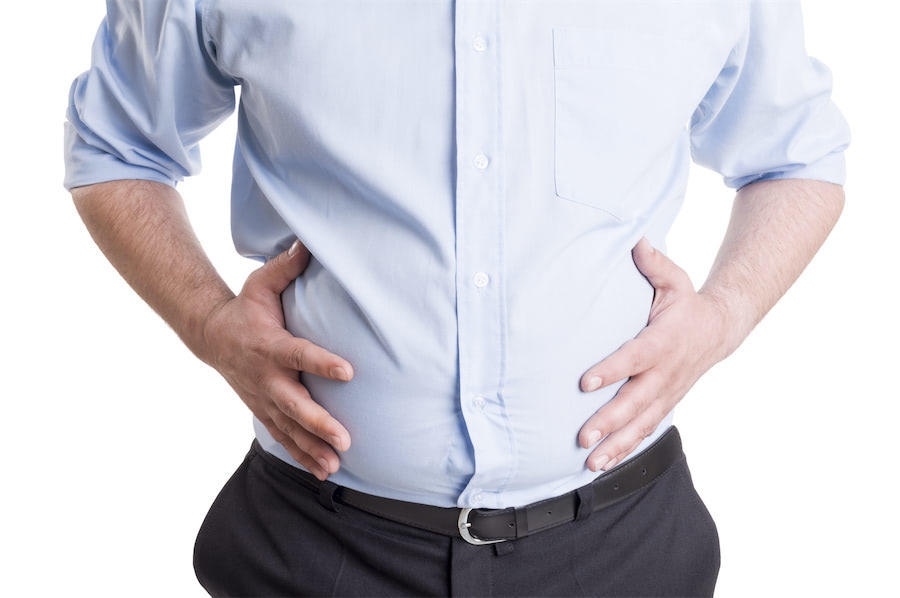
The Inside Scoop, Internal Hemorrhoid Treatment
Internal hemorrhoids are swollen veins in the anal canal that cause discomfort and irritation. Treatment is the best way to deal with pain and discomfort. Internal hemorrhoid symptoms include rectal bleeding, itching, and pain, swelling in the rectum area, sitting or standing for prolonged periods, or feeling like there's a ball inside your anus. Treatment options are available such as rubber band ligation surgery which treats hemorrhoids by cutting off their blood supply.
To avoid these uncomfortable feelings, it's essential to know what causes them so you can treat them early on before they get worse. Internal hemorrhoids occur when veins around the anus become enlarged from too much pressure.
Internal hemorrhoids are a common problem.
Internal hemorrhoids are a common problem that can cause pain, itching, and bleeding. They are usually treated with rubber band ligation, which involves placing a rubber band around the base of hemorrhoid to cut off the blood supply. Other treatments include sclerotherapy (injecting a chemical into hemorrhoid to shrink it) and infrared coagulation (using heat to shrink hemorrhoids).
Internal hemorrhoids can also be treated surgically if they are large or cause problems. This involves cutting off hemorrhoids and stitching the ends together. However, surgery is generally used as a last resort since it can be expensive and painful.
There are several things you can do to prevent or treat internal hemorrhoids:
- Eat a high-fiber diet to help soften stool and reduce pressure on the hemorrhoids.
- Drink plenty of water to keep your stool soft.
- Avoid straining during bowel movements.
- Use over-the-counter hemorrhoid creams or suppositories to relieve symptoms.
- Take sitz baths (warm baths that cover the buttocks and hips) several times a day.
- Wear loose-fitting clothing to reduce pressure on the hemorrhoids.
If you are experiencing internal hemorrhoids symptoms, it is essential to see your doctor. Internal hemorrhoids can signify other health problems, such as anal fissures or Crohn's disease. Your doctor will diagnose the problem and recommend the best treatment for you.
Rubber band ligation is a standard treatment.
Internal hemorrhoids can be treated with rubber band ligation. This involves placing a rubber band around the base of hemorrhoid to cut off the blood supply. This is a common treatment for internal hemorrhoids, but it can be painful.
Other treatments include sclerotherapy (injecting a chemical into hemorrhoid to shrink it) and infrared coagulation (using heat to shrink hemorrhoids). Internal hemorrhoids can also be treated surgically if they are large or cause problems. This involves cutting off hemorrhoids and stitching the ends together. However, surgery is generally used as a last resort since it can be expensive and painful.
There are several things you can do to prevent or treat internal hemorrhoids:
- Eat a high-fiber diet to help soften stool and reduce pressure on the hemorrhoids.
- Drink plenty of water to keep your stool soft.
- Avoid straining during bowel movements.
- Use over-the-counter hemorrhoid creams or suppositories to relieve symptoms.
- Take sitz baths (warm baths that cover the buttocks and hips) several times a day.
- Wear loose-fitting clothing to reduce pressure on the hemorrhoids.
If you are experiencing internal hemorrhoids symptoms, it is essential to see your doctor. Internal hemorrhoids can signify other health problems, such as anal fissures or Crohn's disease. Your doctor will diagnose the problem and recommend the best treatment for you.
Internal hemorrhoid treatment can be painful.
Problem: Internal hemorrhoids can be painful
Agitate: Internal hemorrhoids are a common problem that can cause pain, itching, and bleeding.
Solution: Internal hemorrhoid treatment can be painful. There are several things you can do to prevent or treat internal hemorrhoids:
- Eat a high-fiber diet to help soften stool and reduce pressure on the hemorrhoids.
- Drink plenty of water to keep your stool soft.
- Avoid straining during bowel movements.
- Use over-the-counter hemorrhoid creams or suppositories to relieve symptoms.
- Take sitz baths (warm baths that cover the buttocks and hips) several times a day.
Internal hemorrhoid treatments vary depending on the severity of the problem.
Some people only need over-the-counter treatments for their internal hemorrhoids, while others require more aggressive treatment, such as surgery. Internal hemorrhoids can be a sign of other health problems, so it is essential to see your doctor if you are experiencing any symptoms. Your doctor will diagnose the problem and recommend the best treatment for you.
